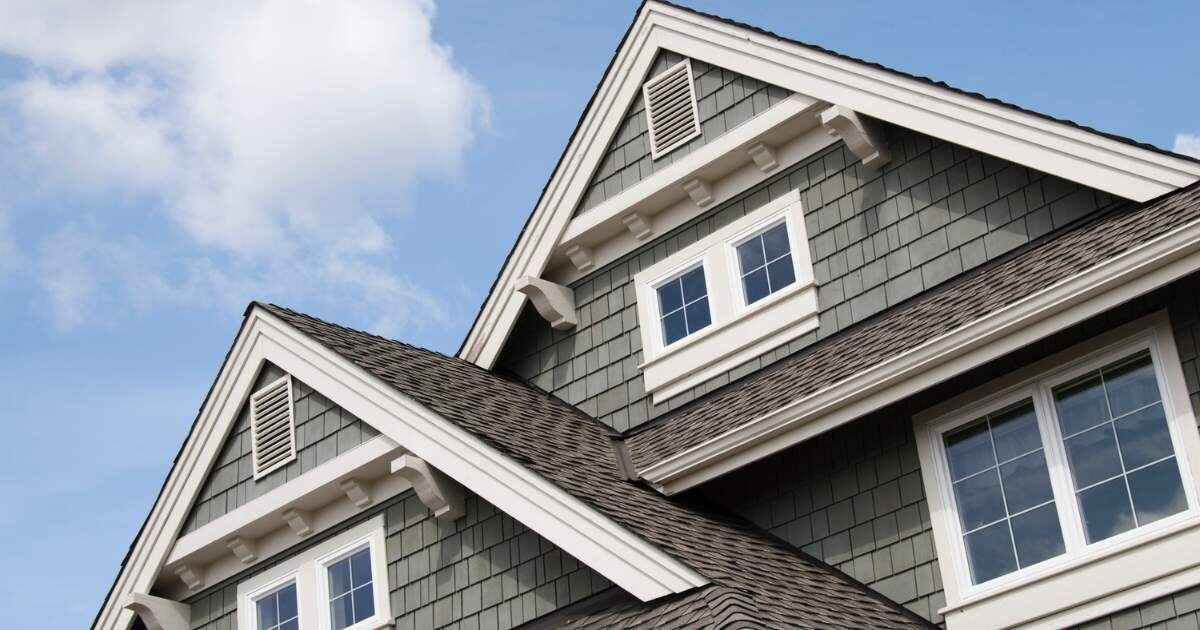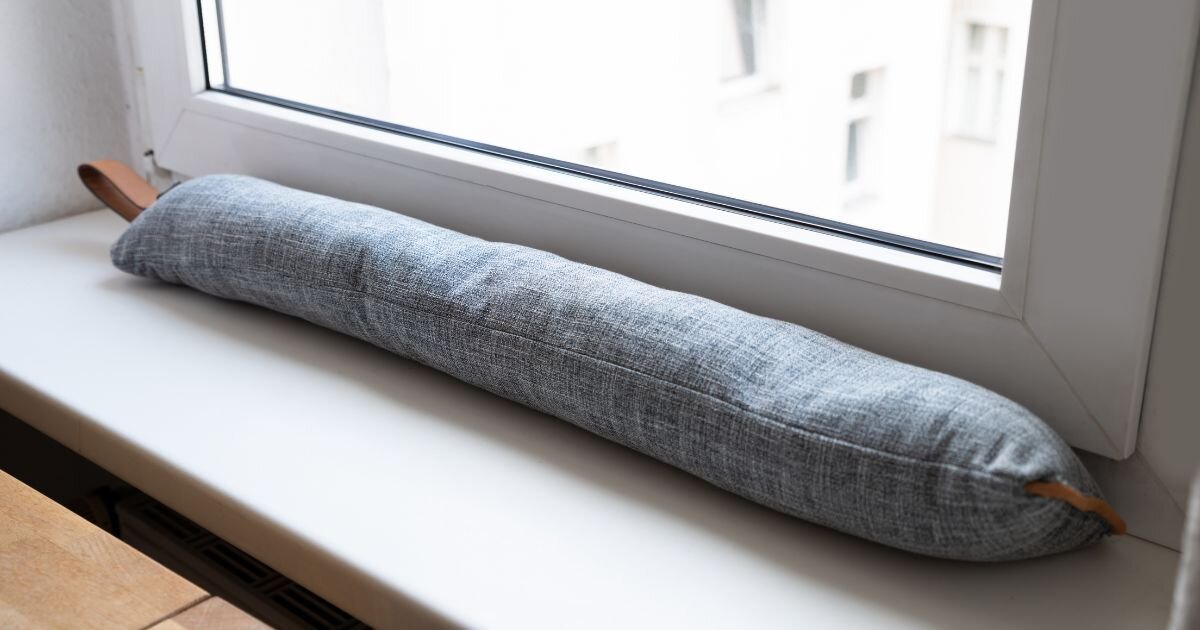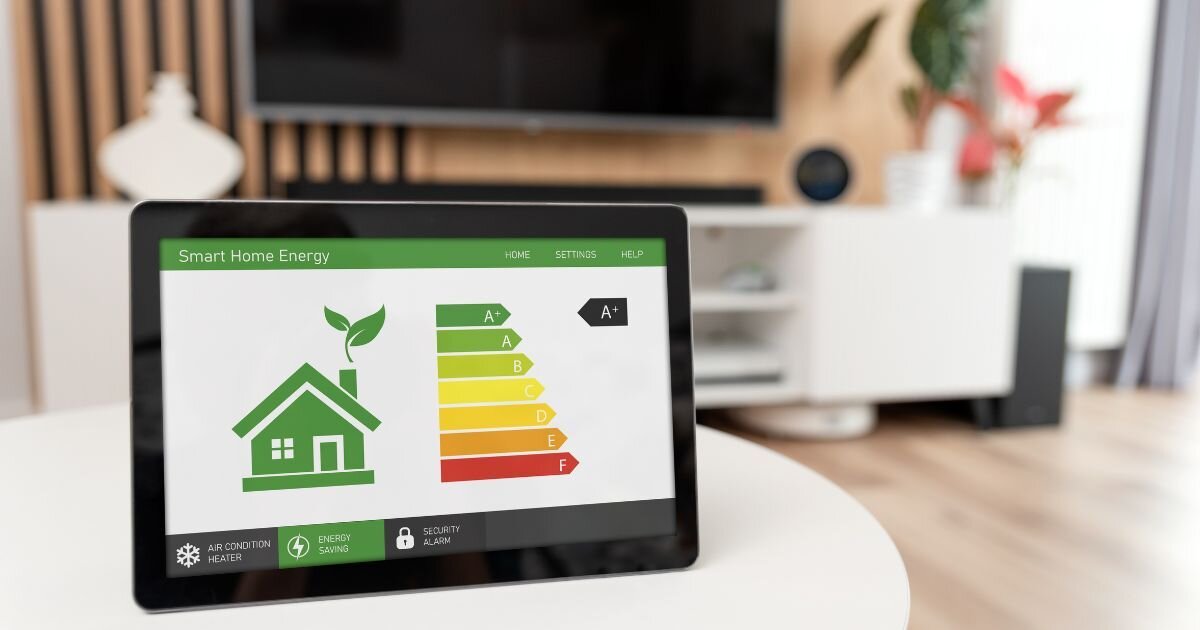
Sneaky Signs Your Windows Are Costing You Money
With rising energy costs, many homeowners overlook how their windows might contribute to skyrocketing bills. Inefficient windows can significantly impact your home’s energy consumption, leading to higher heating costs. Windows are often overlooked as a sign of energy loss as homeowners are typically unaware of their contribution.
Rick MacDonald Siding, Windows and Doors can help you identify sneaky signs that your windows are costing you money. Here, we’ll provide practical solutions, including energy-efficient upgrades and available government rebates, to save you money and improve your home’s comfort.
Understanding the Impact of Inefficient Windows
Energy consumption in Canadian homes is heavily affected by heating, accounting for an astounding 63.6% of the total energy use. Proper home insulation plays a critical role in maintaining energy efficiency by balancing household energy expenses, especially during Canada’s frigid winter conditions.
One of the most significant yet overlooked contributors to heat loss in homes is faulty windows. 35% of total house heat loss is due to improperly installed windows, doors, and skylights. This means that the energy you pay to heat your home literally goes out the window.
Windows seem like a subtle contribution to your energy bill–they aren’t connected to a power source and don’t have an on-and-off switch. However, faulty windows have weak spots that homeowners may be unaware of.
These weak spots can cause issues that contribute to an overworked heating system, increased energy consumption, and higher energy bills.
Poorly insulated windows can lead to drafts, cold spots, and overall discomfort. This makes it challenging to maintain a cozy indoor environment without relying on your heating system.
- High Heating Costs: Faulty windows cause your heating system to work overtime, leading to higher energy consumption and bills.
- Drafts and Cold Spots: Poor insulation results in discomfort due to cold areas in your home.
- Environmental Impact: Increased energy use contributes to a larger carbon footprint, affecting the environment.
Knowing how windows can directly affect your energy bill, comfort, and the environment can help you tackle these problems with easy solutions. Modern windows come with advanced features designed to minimize heat transfer and improve energy efficiency. Rick MacDonald Siding, Windows, and Doors can provide expert solutions for your home, promoting sustainability and comfort for the foreseeable future.
Identifying and Addressing Window Inefficiencies
Recognizing the signs that your windows are inefficient can help you maintain a comfortable, cost-effective home. Here are key indicators that your windows might be draining your pockets:
Drafts and Air Leaks
If you notice that a room feels unusually cool even after you’ve turned up the temperature, it may be due to a draft near your windows. Even when they are closed, air can still leak through poor seals and gaps. Air leakage can trick your heating system into producing more heat, resulting in higher energy consumption and increased bills. To fix this issue, our experts can locate the source of air leaks and apply effective sealing solutions through weatherstripping, caulking, or more extensive repairs. Here are some key indicators of drafts or air leaks in your windows:
- Feeling cold air near windows.
- Noticing fluctuating indoor temperatures.
- Hearing whistling sounds.

Difficulty Operating Windows
Have you ever tried opening or closing a window, but it just won’t budge? Sticking, jamming, or unbalanced windows are the cause of poor home insulation. Windows that are unable to close from being stuck open may also create a security risk to your home.
These issues can also indicate issues with the window frame or mechanisms, which leads to further drafts and air leaks. The solutions to frustrating windows are repairing balance issues, replacing faulty mechanisms, or completely installing new ones. Here are signs that your windows may need repairs:
- Windows that stick or jam.
- Difficulty locking windows.
- Windows that won’t stay open and slide down easily.
Visible Damage and Warping
Physical damage, such as cracks, warping, or rotting frames, can drastically reduce the efficiency of your windows. Damaged windows fail to provide adequate insulation, leading to increased heat loss and higher energy consumption.
Our professionals can assess the extent of the damage and recommend the best course of action, whether repairing minor issues or replacing the entire window unit. Window durability can be affected by damages such as:
- Cracks in the glass or frame.
- warped or rotting window frames.
- Noticeable drafts near damaged areas.
Condensation or Fog on the Inside of Windows
Another indicator of inefficient windows is condensation and fog appearing on windows—this results in insulated gas leaking, insufficient thermal resistance, or cracks in the windowpanes. Moisture buildup can eventually lead to rotting window frames, so inspecting and replacing your windows is best. Luckily, these issues are more accessible to spot, encouraging you to seek repairs sooner:
- Persistent condensation on the interior side of the windows.
- Water droplets or fogging during cold weather.
- Rotting window frames.
High Energy Bills
One of the most telling signs of inefficient windows is a noticeable increase in your energy bills. If your heating costs are rising without a clear explanation, it’s likely due to heat escaping through your windows. To help identify the exact source of where inefficiencies are coming from, an energy audit can determine if windows are the problem. Here are critical indicators of problematic windows:
- Unexplained spikes in energy bills.
- Increased heating usage during winter.
- Persistent cold spots despite heating.
Understanding how windows can be a significant contributor to your energy usage and utility bill can help you take actionable steps to save you money and prevent discomfort. Rick MacDonald Siding, Windows and Doors can assess these problems and install sustainable solutions for you to enjoy your home without worrying about finances or freezing temperatures.
Benefits of Upgrading Your Windows
Energy Efficiency
Replacing your windows can be the better alternative to constant repairs. Upgrading to dual-paned and energy-efficient windows can significantly reduce your home’s energy consumption and bills. The windows provide a modern twist that prioritizes insulation by minimizing heat transfer. The results of a properly insulated window will keep your home warmer in the winter and cooler in the summer.
Long-term Savings
Although repairs may seem like the most financially smart choice at the time, it is hard to predict whether you’ll need future repairs, which can result in more money spent in the long run. Completely replacing your windows with brand new, energy-efficient windows may seem like quite a substantial investment at first. Still, over time, they will become more cost-effective by providing maximum insulation to prevent air from escaping and running up the power bill in your home.
Here at Rick MacDonald Siding, Windows and Doors, we offer the highest standards of modern, efficient ENERGY STAR certified windows. Our expertise in installation certifies that each window performs optimally, providing lasting benefits and maximizing your return on investment.

How to Check Your Windows for Efficiency
Visual Inspection
If you’re having issues with high energy usage and an unexplained utility bill, the first step to identifying these problems is to inspect your windows. Look for gaps around the frame, drafts, and any seal failures that might be affecting proper insulation. Condensation or fog between windowpanes is another indicator of faulty windows.
Operation Check
The functionality of your window can indefinitely contribute to escaped airflow. Check your windows to ensure they open correctly without sticking, jamming, or shutting immediately on their own. Difficulty keeping a window open or closed can be a sign of framing and sealing problems.
Energy Bill Analysis
Analyze your energy bill over time. If you notice unexplained spikes or find that you are paying more than your average neighbourhood utility bill, inefficient windows might be the culprit. Comparing your energy consumption year over year can help identify seasonal trends, like discovering why you have a higher energy bill in the winter or summer.
By following these steps, you can assess how well your window performs and how to take the necessary actions to improve your home’s functionality.
Leveraging Government Rebates for Energy Efficiency
The Canadian government offers various rebates to homeowners who install energy-efficient windows. These incentives are designed to promote energy conservation and provide financially attractive options for homeowners. Rebates help clarify the decision for those who are on the fence about purchasing new windows due to the initial cost. With rebates, homeowners are more likely to see the long-term benefits of installing energy-efficient windows.
Assistance from Rick MacDonald Siding, Windows and Doors.
Recognizing the signs of faulty windows and upgrading to energy-efficient options can significantly reduce your energy bills and improve home comfort. Contact Rick MacDonald Siding, Windows and Doors today for a consultation to install energy-efficient windows so you can spend less time worrying about utility bills and more time enjoying a comfortable home.
